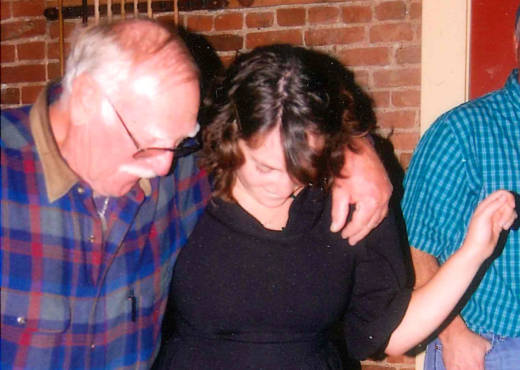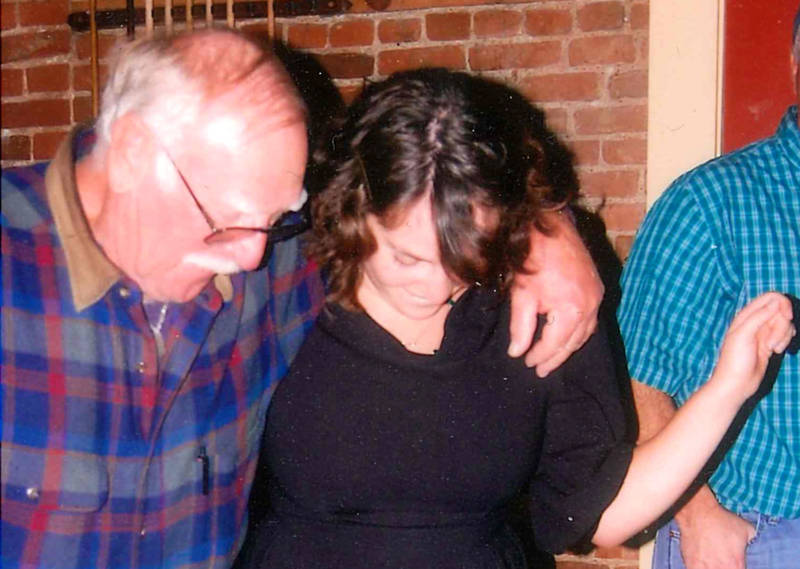Here are some highlights of that conversation:
On why journalism is harder than it was in the past:
Tom: Because lying seems to be normal. ... And as a journalist, you're going to have to figure out who's lying to you and who's telling you the truth. And that's not going to be easy.
Lacy: Do you think that the media is doing a good job of that right now?
Tom: No. I just don't believe anything the media says. Nothing. ... I question it all. Because they put one thing out and then it comes out later that it was a lie. People aren’t honest. Lying is just something they do. They dramatize things and when they do that, they slant it to the way they want it to be.
On facts:
Tom: How do you know it's a fact? You know, that's what my question is. I mean, it might be something you believe but can you actually say it is absolute fact.
Lacy: Journalism isn't an art, it's a practice, right? You source things from multiple sources until you can confirm it from as many places as you possibly can. You try and get it documented in public records if you can, or you try and get at it from every angle so you can zero in on what's true. So that's the kind of journalism I want to practice. Even if the conclusion is something that people disagree with, that doesn't matter to me because it's the facts.
On multiple sets of facts:
Tom: If it agrees with my agenda you'll be OK, [but] if it don't, maybe I’ll give you one star instead of two.
Lacy: But see, this is what I'm afraid of. That there's multiple different versions of the facts, depending on who you talk to. And I want to make things that, you know, are closest to the objective facts. Regardless of who you are, or what you think of it. Or if you think that it's something you disagree with.


